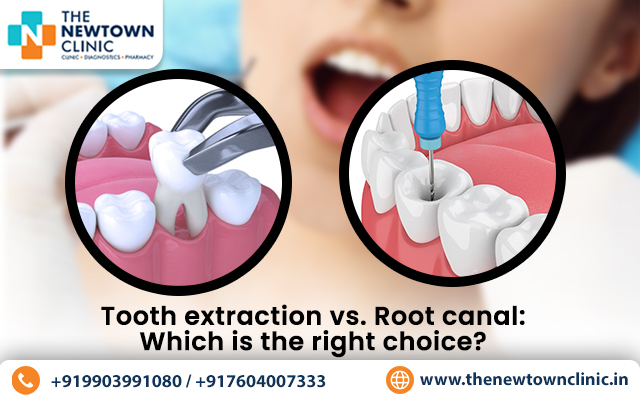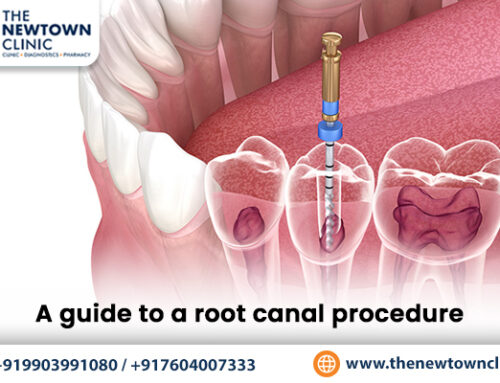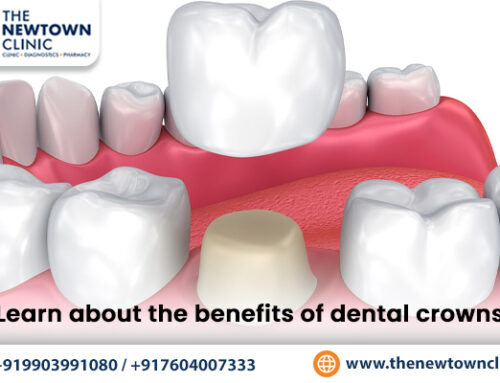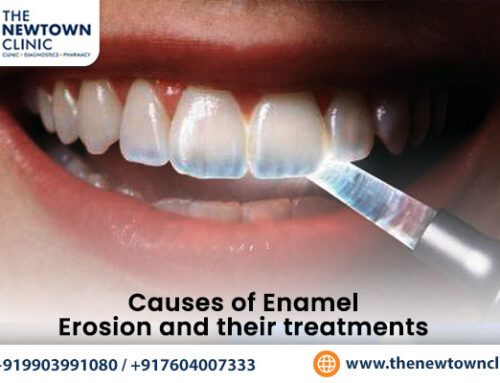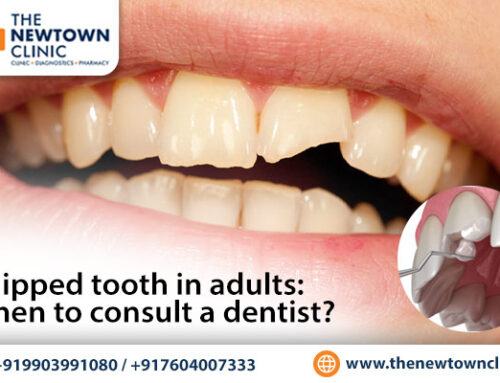Two common dental procedures that often pose a dilemma for individuals are tooth extraction and root canal therapy. Both procedures address different dental issues and come with their own set of benefits and considerations. The best dentist in Newtown will compare tooth extraction and root canal treatments to help you understand which option might be the right choice for you.
Tooth Extraction
Definition: Tooth extraction is the complete tooth removal from the jawbone’s socket. The procedure is performed by the best dentist in Newtown.
When Is It Recommended?
Tooth extraction is recommended under several circumstances, including:
- Severe tooth decay cannot be effectively treated with fillings, crowns, or root canal therapy.
- Advanced periodontal disease (gum disease) that has severely affected the tooth and its surrounding structures.
- Crowded mouth or preparation for orthodontic treatment, necessitating removal of some teeth.
- Infection or risk of infection in a tooth that compromises overall oral health.
- Trauma or injury to the tooth that cannot be restored.
Pros
- Provides immediate relief from severe pain or discomfort caused by a damaged or infected tooth.
- Eliminates the source of infection and prevents its spread to other teeth or the surrounding tissues.
- It can be a quicker and less expensive procedure compared to root canal therapy.
Cons
- Permanent loss of the natural tooth, which may require further treatments such as dental implants or bridges for tooth replacement.
- Potential impact on appearance and functionality, especially if multiple teeth are extracted.
- It may require additional treatments and costs for tooth replacement.
Root Canal Therapy
Definition: As per the doctor of the best dental clinic in Newtown, root canal therapy is done for removing the infected pulp from the inside of a tooth and then sealing the tooth to prevent re-infection.
When Is It Recommended?
Root canal therapy is recommended under various circumstances, including:
- Infected or inflamed pulp due to severe tooth decay, cracks, or repeated dental procedures on a tooth.
- Presence of an abscess or infection at the tooth’s root, causing pain and swelling.
- Preserving the natural tooth structure and avoiding tooth extraction.
Pros
- Preserves the natural tooth, maintaining the appearance and functionality of the tooth in the mouth.
- Prevents the need for tooth replacement options like dental implants or bridges.
- Eliminates pain and discomfort associated with a tooth infection or inflammation.
Cons
- Multiple sessions may be required for a complete root canal treatment.
- Some patients might experience mild discomfort or sensitivity after the procedure, which usually subsides with time.
- The tooth may require a crown after the procedure to protect it from further damage.
Making the Right Choice
In general, preserving your natural teeth is often preferred whenever possible. Root canal therapy allows for this preservation, maintaining the integrity of your smile and supporting optimal oral health. However, there are situations where tooth extraction is unavoidable and necessary for overall dental health and well-being.
It is essential to consult with the best dentist in Newtown who can evaluate your situation and help you make an informed decision based on your specific circumstances.


